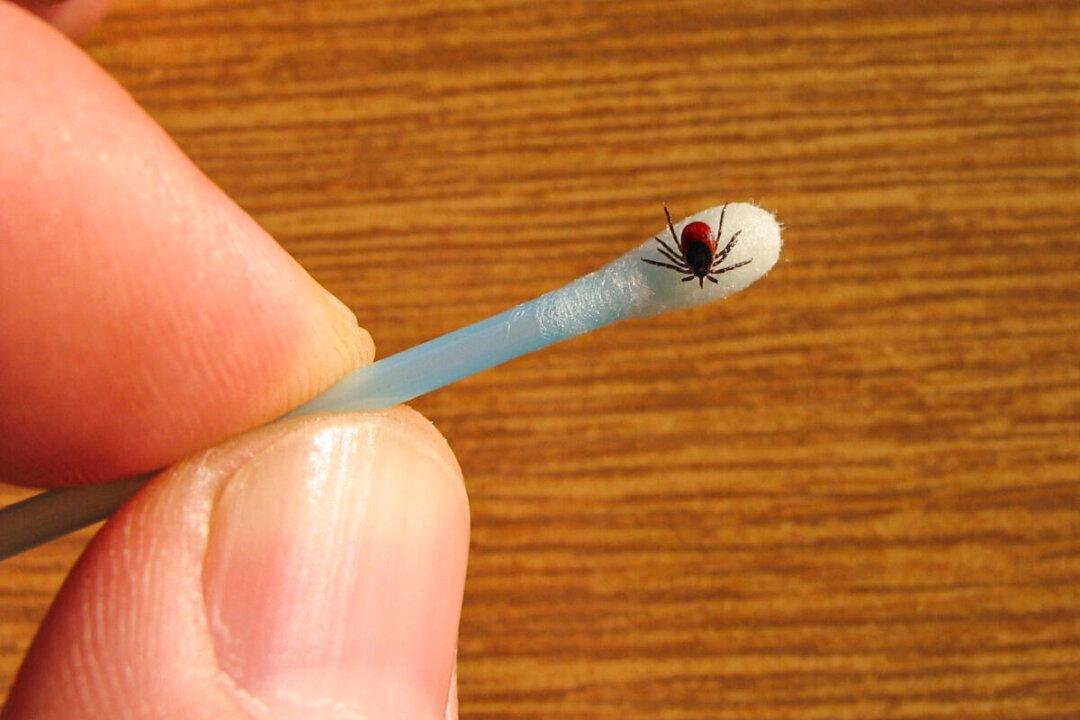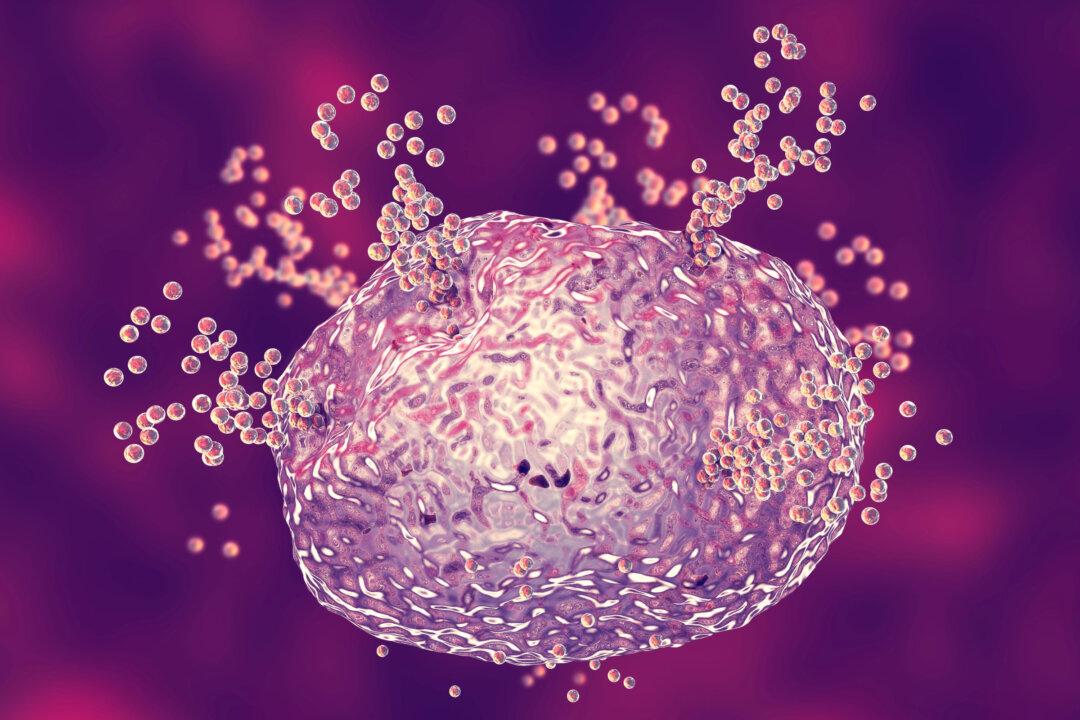This is part two of a three-part series exploring Lyme disease: how to test for it, treat it, and prevent it.
One of the difficulties of Lyme disease is actually figuring out if you have it. Unlike many other diseases, diagnosis can be difficult. This is true of other tick-borne illnesses as well.






